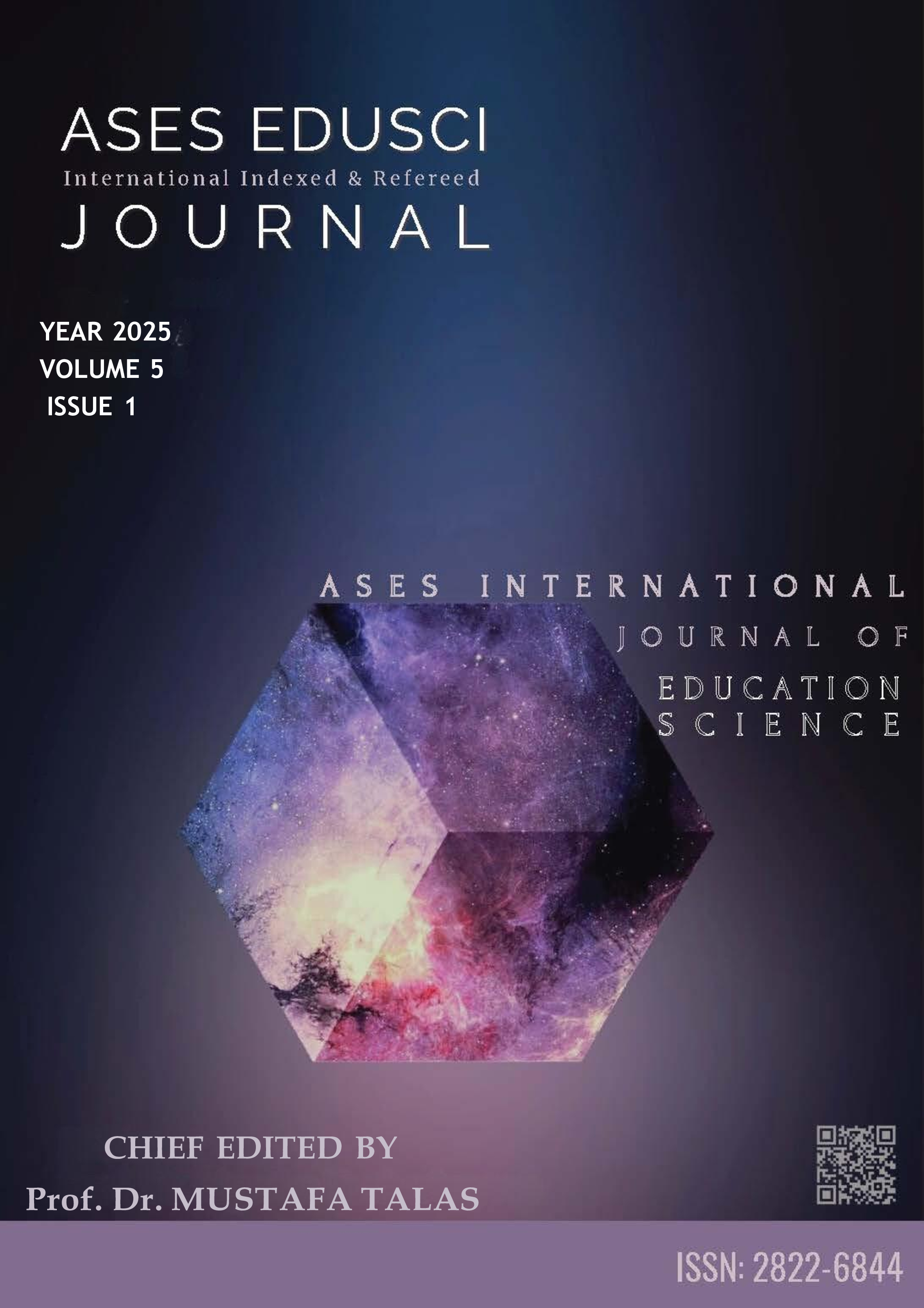The Psychological Dimensions of Living With Barriers: An Accessibility Perspective
DOI:
https://doi.org/10.5281/zenodo.15719369Keywords:
Accessibility, Individuals with Special Needs, Psychological ImpactsAbstract
This study examines the barriers faced by individuals with special needs in education, spatial accessibility, and social life, focusing on how these issues hinder societal integration and create negative psychological effects. Accessibility restrictions not only reduce the quality of life for individuals with special needs but also contribute to social inequalities and psychological challenges such as loss of self-confidence, stress, and isolation. The research emphasizes the multidimensional negative impacts of physical accessibility deficiencies, social prejudices, and discrimination on individuals' lives. Lack of accessibility in education hinders equal learning opportunities for individuals with special needs, resulting in feelings of social exclusion and psychological difficulties. Spatial accessibility problems, such as physical barriers in public spaces, limit independent movement and lead to frustration and a sense of restriction. In social life, stigmatization and prejudices further restrict participation in society, exacerbating loneliness and anxiety. To address these issues, the study suggests promoting the concept of an authentic body, adopting universal design principles, implementing inclusive education policies, and increasing social awareness programs. Removing obstacles in education and social support mechanisms can help individuals overcome physical and psychological challenges beyond their specific needs. Enhancing societal sensitivity and creating supportive environments can enable individuals with special needs to actively participate in society. In conclusion, accessibility must be addressed not only from a physical perspective but also with its psychological and social dimensions. Comprehensive policies are needed to mitigate the multidimensional effects of living with barriers, ensuring a more inclusive and equitable society.
References
Deci, E. L., & Ryan, R. M. (2000). The “what” and “why” of goal pursuits: Human needs and the self-determination of behavior. Psychological Inquiry, 11(4), 227–268.
Forster, S., Irlam, C., & Emery, D. (2023). The impact of urban accessibility barriers on disabled people's wellbeing: Evidence from Australia and the UK. Disability & Society, 38(2), 256–274. https://doi.org/10.3390/ijerph20105898
Goffman, E. (1963). Stigma: Notes on the management of spoiled identity. Prentice-Hall.
Lid, I. M., & Solvang, P. (2016). (Dis)ability and the experience of accessibility in everyday life: Exploring the politics of space in Oslo, Norway. Scandinavian Journal of Disability Research, 18(2), 160–172.
Bellia, A., & Corsini, L. (2024). Disability and Life Satisfaction: The Role of Accessibility. Journal of Happiness Studies. https://doi.org/10.1007/s10902-024-00835-7
De Brito Prado, B., et al. (2023). Emerging Themes for Digital Accessibility in Education. Sustainability. https://doi.org/10.3390/su151411392
Lid, I., & Solvang, P. (2016). (Dis)ability and the experience of accessibility. Alter, 10, 181–194. https://doi.org/10.1016/J.ALTER.2015.11.003
Rios, D., et al. (2016). Conducting Accessible Research. American Journal of Public Health, 106(12), 2137–2144. https://doi.org/10.2105/AJPH.2016.303448
McLeod, J. (2023). Psychological distress and the role of stigma in people with disabilities: A UK-based study. Journal of Applied Psychology and Disability Studies, 5(1), 42–59. https://doi.org/10.1177/01902725231153307
Oliver, M. (1996). Understanding disability: From theory to practice. Macmillan.
Ryff, C. D. (1989). Happiness is everything, or is it? Explorations on the meaning of psychological well-being. Journal of Personality and Social Psychology, 57(6), 1069–1081.
T.C. Aile ve Sosyal Hizmetler Bakanlığı (ASHB). (2021). Aile Temelli Ulusal Erken Müdahale Programı Geliştirme Çalıştayı Sonuç Raporu. Aile ve Sosyal Hizmetler Bakanlığı.
World Health Organization. (2011). World report on disability. WHO Press.
Downloads
Published
How to Cite
Issue
Section
License
Copyright (c) 2025 ASES EDUSCI (INTERNATIONAL JOURNAL OF EDUCATIONAL SCIENCES) ISSN: 2822-6844

This work is licensed under a Creative Commons Attribution-NonCommercial 4.0 International License.


